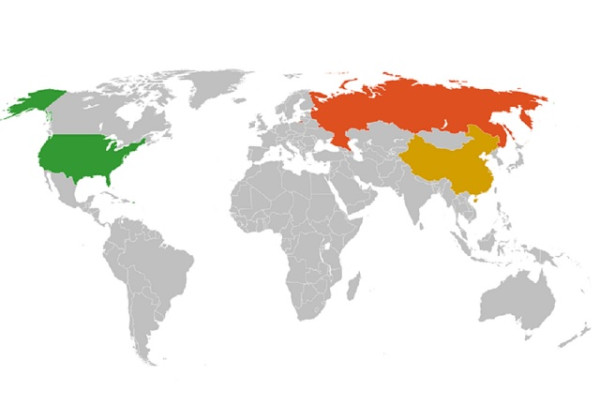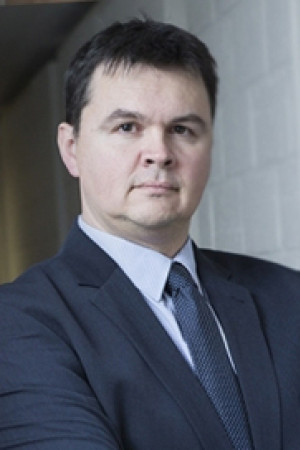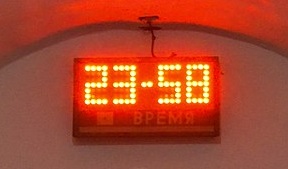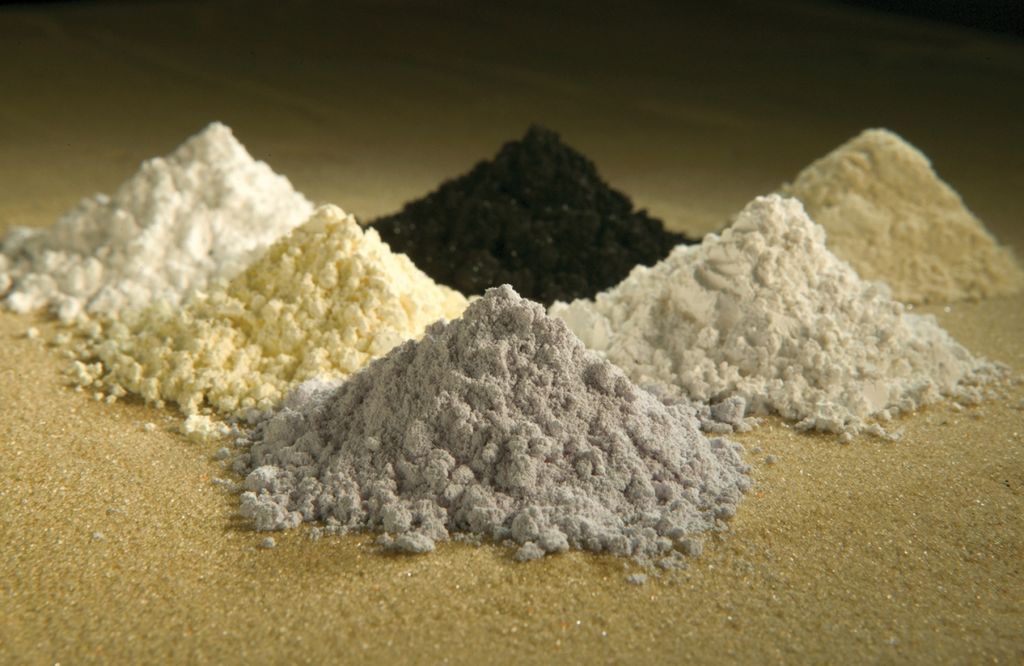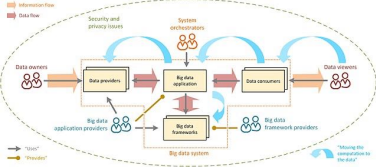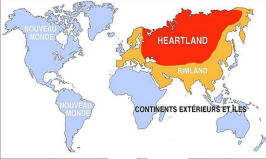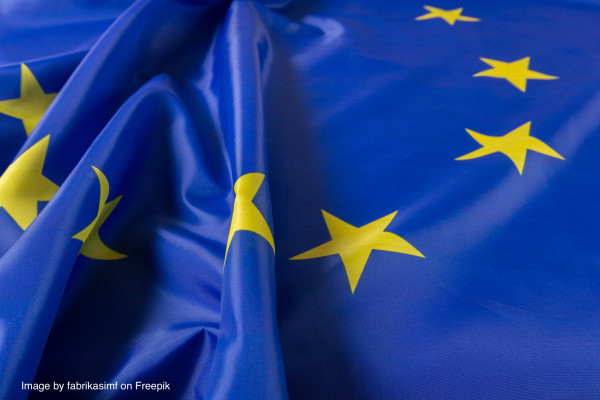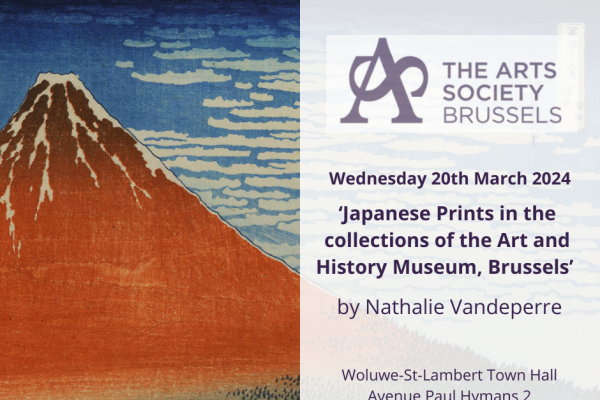Today we face a world full of challenges: climate change, new technologies, nuclear proliferation, cyber information warfare... Faced with these challenges, the great powers are not up to the task, having the mindset of competition rather than cooperation. After presenting the challenges of the 21st century, Professor Struye will analyse the Russia-China-US triangle at the geopolitical, geo-economic, civilisational and security levels.
Professor Tanguy Struye de Swielande, is Professor of International Relations at the Université catholique de Louvain (Belgium). He specializes in the study of middle and great powers in the Indo-Pacific. He is Coordinator of the Baillet Latour Chair “European Union-China”, founder of Genesys Network (genesys-network.org) and Director of the Centre for the Study of Crises and International Conflicts (cecrilouvain.be). He is also Associate Fellow at the Egmont Institute and Book Series Editor for the Presses universitaires de Louvain “Scène international” series. Tanguy recently published Duel entre l’aigle et le dragon pour le leadership mondial (Peter-Lang, 2015). His latest article has been published in Asian Politics & Policy on “Middle powers in the Indo-Pacific: Potential Pacifiers guarantying stability in the Indo-Pacific?” (2019).
